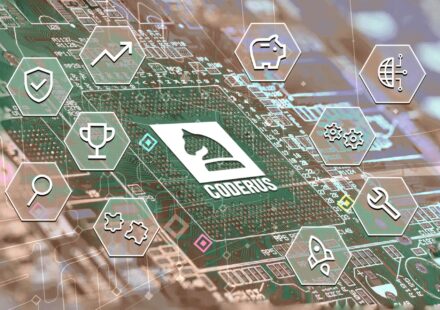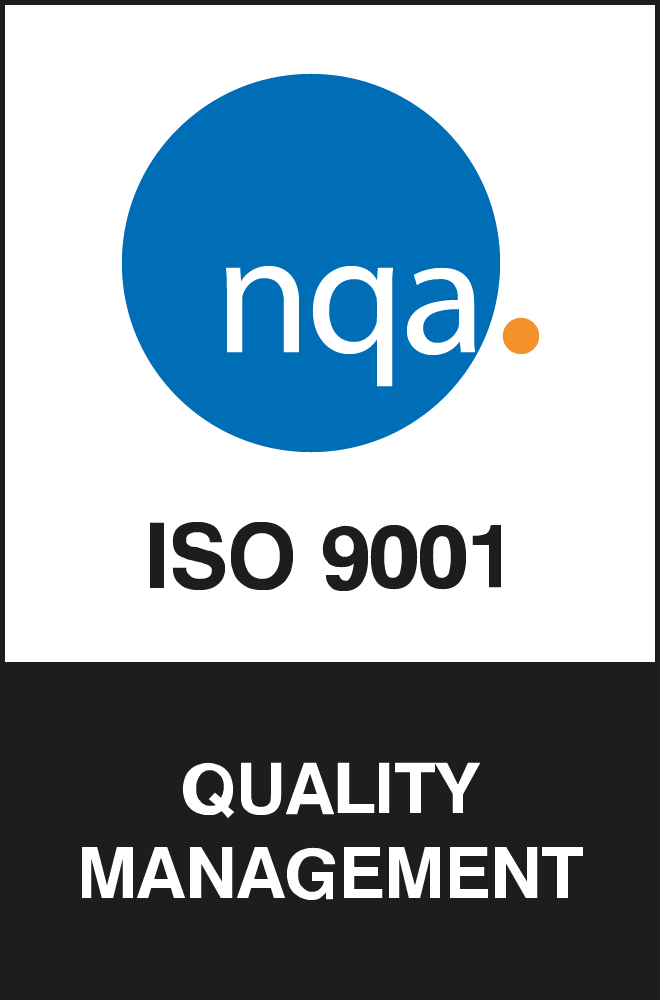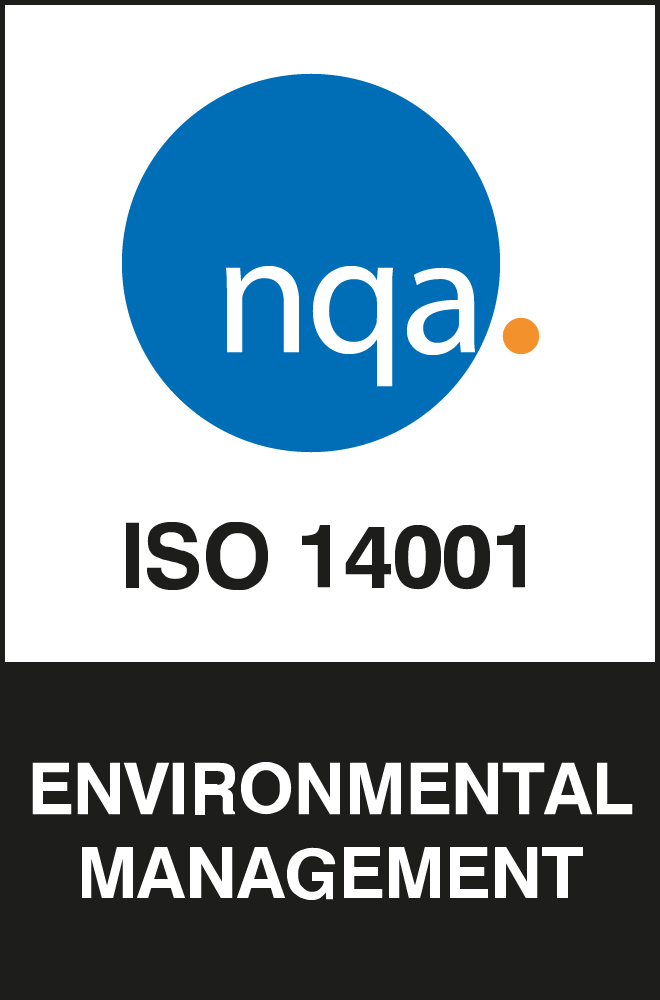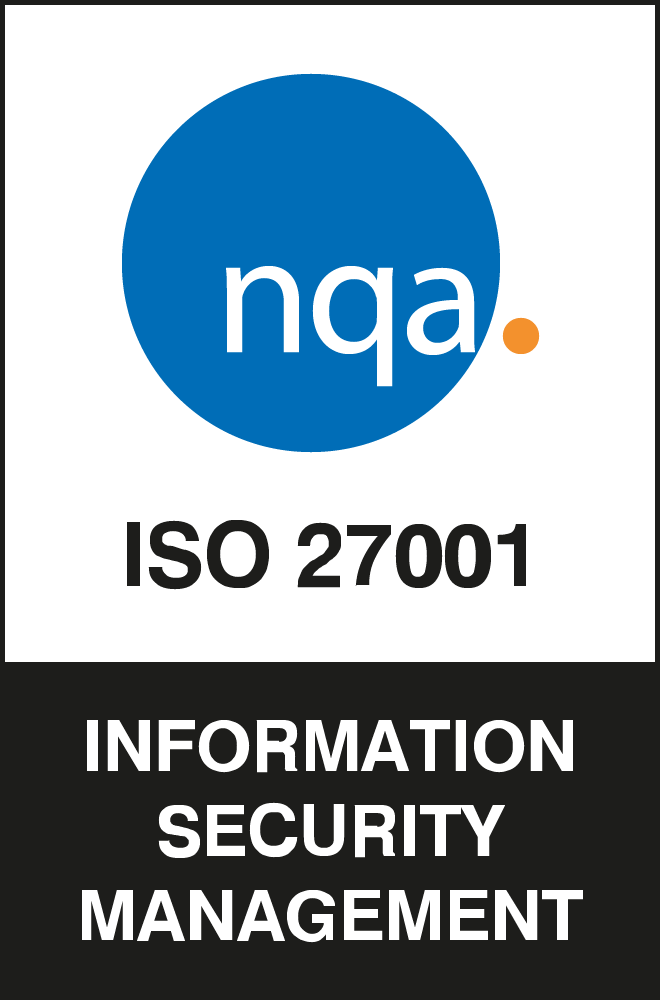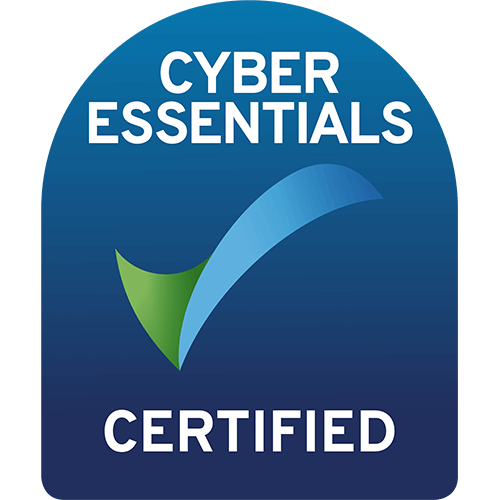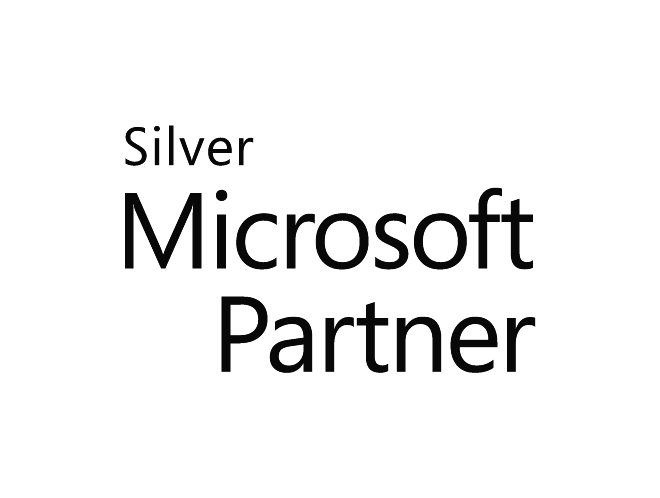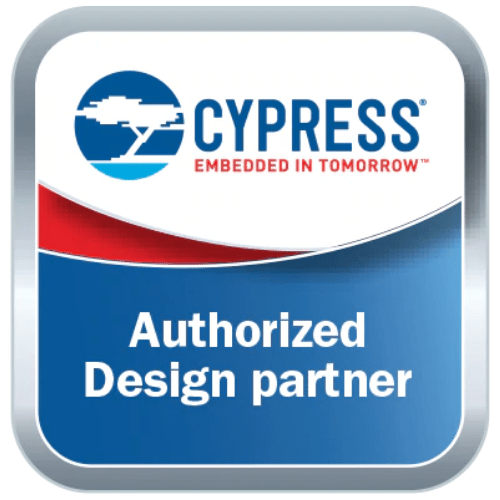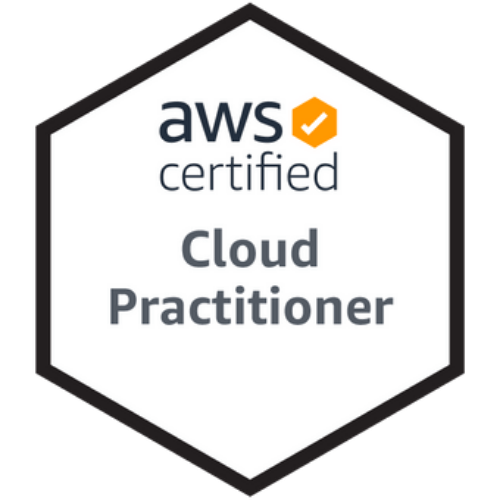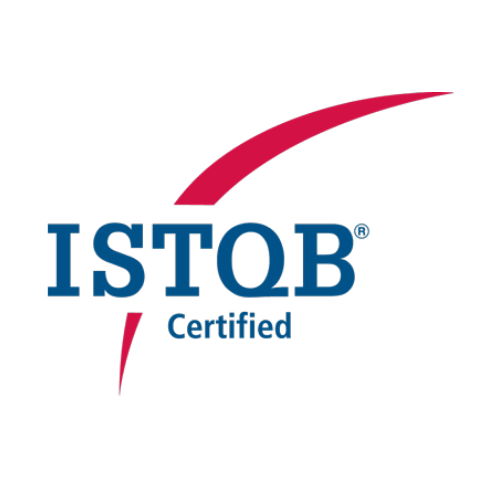As a result of COVID-19 many companies and organisations, just like us have been forced into remote working. This has completely changed the working dynamic, but at the same time has encouraged a more agile and responsive approach to handle multiple projects away from the office.
So long as you have a dedicated team of individuals behind you who are willing to change their approach to the way they work, and maintain the same amount of passion and enthusiasm for your business then you will be ready to tackle any project that comes your way during the remote working period.
This article is designed to share some of the best practices for working remotely and handling projects on the go and based on our own experiences here at Coderus, of managing a team of developers, testers and engineers remotely, to deliver projects effectively and on time.
Prioritise Project Ideas
So you have just been given a rundown of projects deadlines you have to meet for the month. You can begin by sharing your vision, as the project manager, with the rest of your team and mapping out project milestones that must be met on a weekly basis.
Having a clear roadmap broken down into milestones can make managing the project lifecycle process simpler to manage. Creating clear project guidelines too and working according to an agile methodology, for productivity, teamwork and accountability so your employees know what to expect at all times.
Focus on those mid to long-term goals rather than micromanaging your team. Let your team members more freely in their assignments and control work you assign to them by using a list of milestones. Make sure there is continuous integration with source code of the program you are working on, to ensure it is in a continuously working state. This helps to build discipline and maintain efficiency providing an ad hoc way for teams to diagnose problems across different locations.
Collect Regular Feedback
The results from every iteration and sprint will depend on how quickly you provide feedback to the team from both yourself and the client. Be transparent and discuss openly the results of every sprint and any changes, or specific areas for improvement.
Giving constructive feedback on every iteration and sprint will help your remote team know exactly what they are working on and things they could improve on in terms of project management. You should also hold regular 1-on-1 meetings with employees and conduct quarterly performance reviews giving the opportunity to raise issues, provide feedback, review upcoming work and focus on individual growth.
Use Effective Communication Tools
Maximise everyone’s participation in the overall vision and mission of the project by inviting them to attend regular Zoom, Skype or Google Hangout meetings. These communications tools can help structure your teams’ work and contribute to productivity. You may also want to find other online tools that help you to manage projects, share files, and communicate with your team.
At Coderus, we schedule in daily standup meetings, to ensure the smooth running of multiple projects on the go. This includes all stages of the project lifecycle including release and sprint planning along with other important meetings with clients as part of our consultation process. This helps the team to navigate their way through each task effectively and voice any concerns, or opinions they have without having to wait long for a response.
It is also very important to schedule in regular 1-to-1 meetings, so you can track and monitor individual progress. Other communication tools that invite team collaboration such as Slack, are taking over the tech industry and providing a culture of openness and transparency, making it easier for teams to work remotely.
Create Defined Work Procedures
Review project requirements attentively to make sure you have included all functionality and present to your team in a clearly defined manner. Rather than having to explain each process individually, bring your team together on a joint call to encourage open discussion, just as you would in the office.
Schedule in daily standup meetings first thing in the morning, to allow a review of all processes at the end of each day. Work on creating weekly progress reports and monthly product demos for the whole team so you can resolve any issues as and when they arise.
When it comes to agile project development, make sure you leverage continuous integration, encourage knowledge sharing and prioritise communication to foster a successful agile development methodology from initial project requirements and planning, to design, release and tracking post-launch.
Other Practices to Consider
- Building a strong rapport with every individual team member
- Monitoring team performance daily
- Always find time to build personal connections
- Be sure the team understands the overall project strategy and process involved
- Clearly define key objectives, goals and project deliverables
Are you ready to manage your projects?
In summary, the key is to manage all expectations, regular check-in with each team member and communicate regularly with the client and inform them of any project changes, or updates. Remote working teams will benefit from taking a structured approach to their work, having clearly defined goals and objectives to work from, and access to effective communication tools.
Performance measurement for remote employees by conducting quarterly performance reviews and providing continual feedback throughout the remote working process, to enhance productivity and efficiency. Working remotely doesn’t mean you have to change the way that you work. You will still be taking the same measures to empower your team members and making sure everything runs smoothly.

